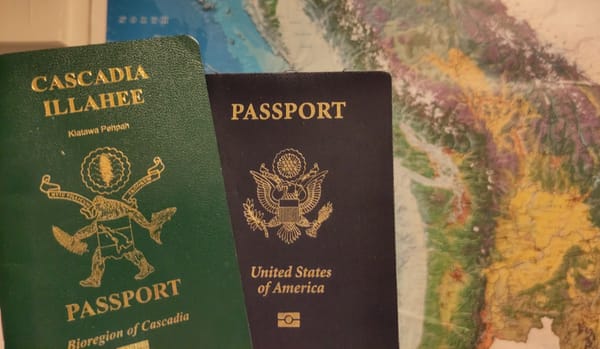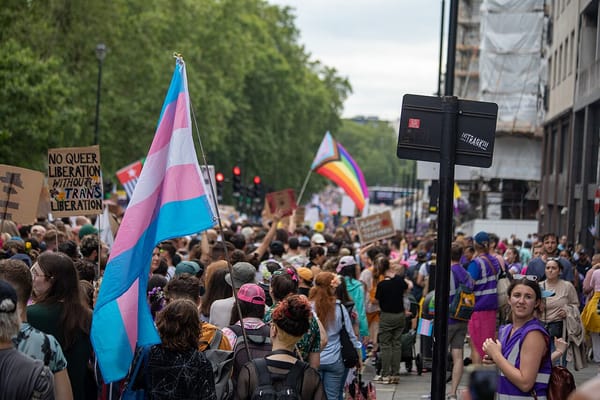A lesson in separatism: Catalonia
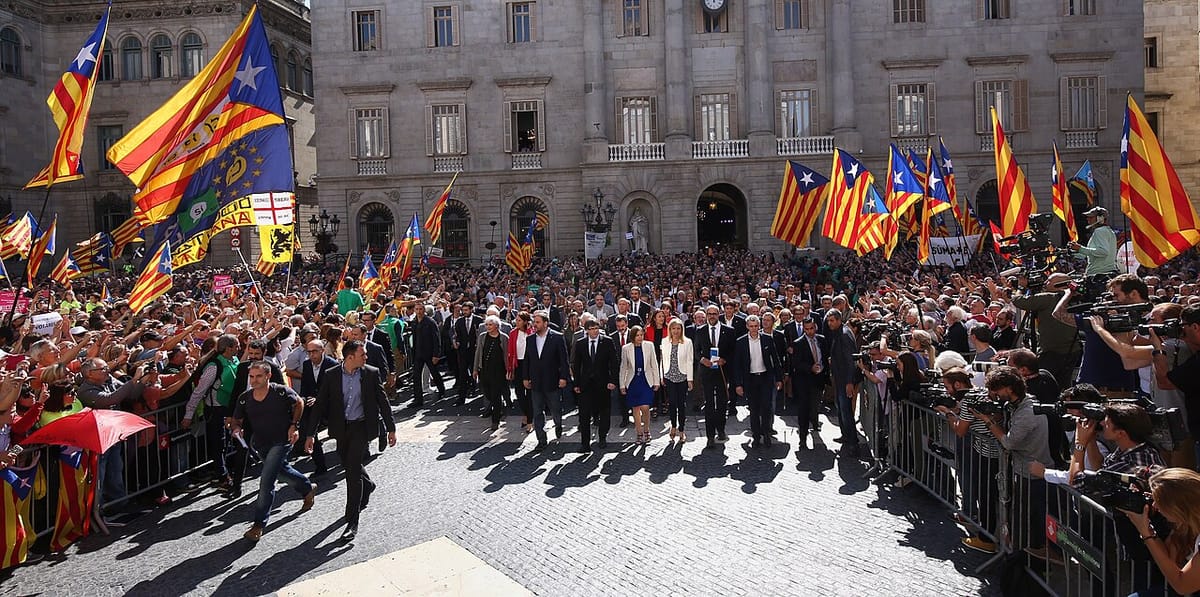
As some of us in Cascadia investigate what might be required to achieve more autonomy or independence from the United States as the Trump administration continues to ignore the constitution and defy the rule of law, it's good to learn lessons from other separatist movements. In the case of Catalonia, the region of eastern Spain that includes Barcelona, a century-long independence movement gained steam in the last decade but faltered and now is on the back burner.
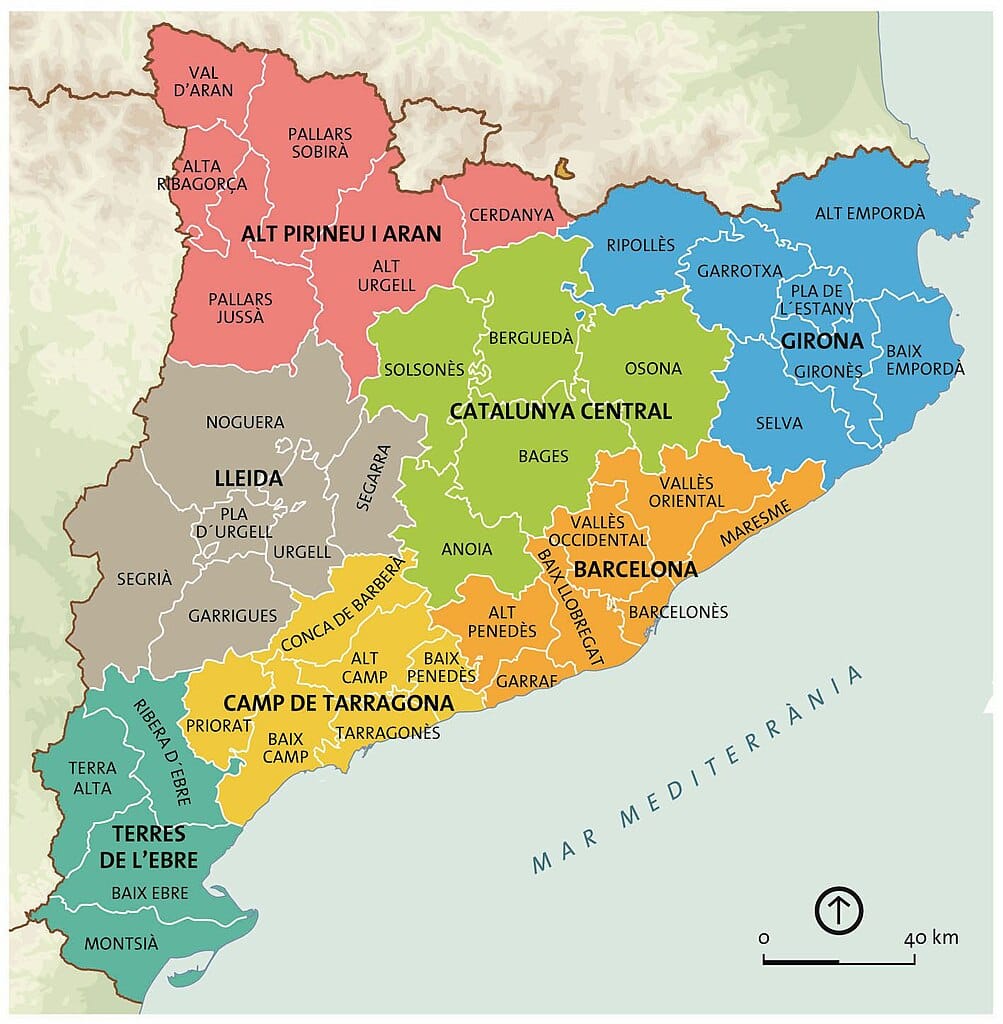
Defined most obviously by those who speak the Catalan language, Catalonia existed independent of Spain under the the Crown of Aragon for hundreds of years, but was incorporated into Spain under the Habsburg monarchy in the early 18th century. An independence movement grew in the late 19th century, culminating the the declaration of the Catalan Republic in 1931. Later negotiations with the Spanish government created an autonomous region, but this was abolished after the left-leaning Republicans lost to the fascists under Franco in the Spanish Civil War.
The contemporary Catalan separatist movement was sparked by the 2008 financial crisis and the 2012 Eurozone economic crisis, as the Spanish government pushed austerity measures. After a Spanish court ruled 2010 that some of the laws granting Catalonia autonomy were unconstitutional, massive street protests broke out across the region. A regional election in 2012 gave separatist political parties a majority in the Catalan parliament, and in 2014 voters approved a non-binding referendum on independence by a wide majority (though those opposed mostly boycotted the election).
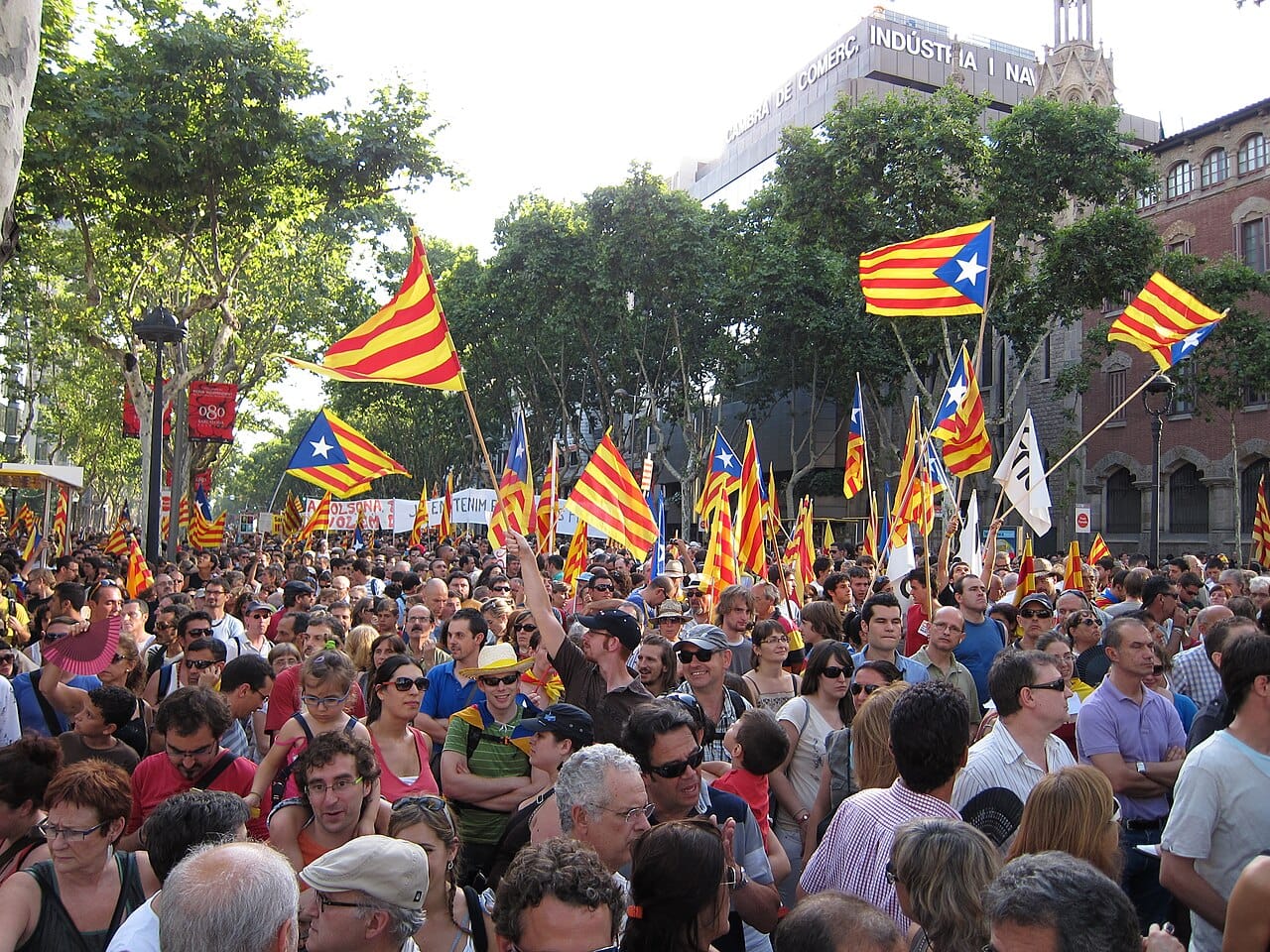
In 2016, the movement's leader, Carles Puigdemont, announced that a binding referendum would be held in September, 2017, asking "Do you want Catalonia to become an independent state in the form of a republic?" The Spanish government declared the referendum illegal. Meanwhile, the Catalan parliament passed a series of transition laws in the event that the referendum passed. Spain's national government worked to shut down the election, seizing voting materials and arresting election organizers.
The results of the election, because of Spanish interference, were chaotic and inconclusive, with 90 percent supporting independence, but a large portion of the electorate (which backed remaining with Spain) boycotting the ballot. On Oct 1, Puigdemont signed a declaration of independence, and later that month the Catalan parliament voted to authorize independence. Immediately after, Spain disbanded the Catalan parliament, revoked autonomy, and imposed direct rule.
In 2018, Spain arrested many independence movement leaders and Puigdemont fled to self-exile in Belgium, where he remains. Massive strikes shut down much of Catalonia in support of the jailed leaders, who were released in 2019 after a pardon by King Felipe VI. In 2024, the Spanish parliament passed a bill granting amnesty to hundreds of separatist activists.
As for the future, Spanish law requires amending the constitution before Catalonia can exit, and most recent polls show support for independence has dropped to 38 percent, a ten-year low.
What lessons can Cascadia draw from the Catalan experience? Certainly, it's difficult to peacefully separate one region from an established nation, even with a distinct language and centuries of unique history and culture, plus a 100-year-old movement for independence.
With a population of 8 million and GDP of $325 billion, Catalonia is relatively small compared with Cascadia, which if you total Washington and Oregon, has a population of 12 million and a GDP of $1.185 trillion. A much more sustainable size for an independent nation, on the scale of the Netherlands.
In addition, one could argue that the Spanish government isn't doing much to suppress Catalan culture and autonomy – whereas the United States is threatening to withhold allocated grants and funds to cities such as Seattle and Portland if they don't meet the administration's demands. In addition, the US is abrogating the constitution by failing to obey court orders, neglecting the rule of law, and threatening to arrest political opponents. Spain is a relatively functioning democracy, while the United States continues to rapidly decline.
There are pathways to peaceful independence for Cascadia, but according to Hugh Spitzer, a former University of Washington law professor and expert on secession movements, a statewide independence referendum would probably still need approval from the federal government. In a 2016 interview with KIRO NewsRadio, Spitzer said that federal government would be unlikely to allow states to leave unless there was pressure from large scale peaceful independence movement that included a general strike or other tactics:
"It might be conceivable that there would be massive, permanent, civil disobedience such as massive refusal to pay income tax to the national government. . . That’s actually much more likely in a fairly peaceful country like ours." – Hugh Spitzer
I'm not saying autonomy and separation will be easy, but as the Trump administration continues its descent into fascism, we here in Cascadia have fewer and fewer options to protect life, liberty, and the pursuit of happiness in the Pacific Northwest.
Thoughts? If you're a paid subscriber, you can post comments on this and other posts online...



